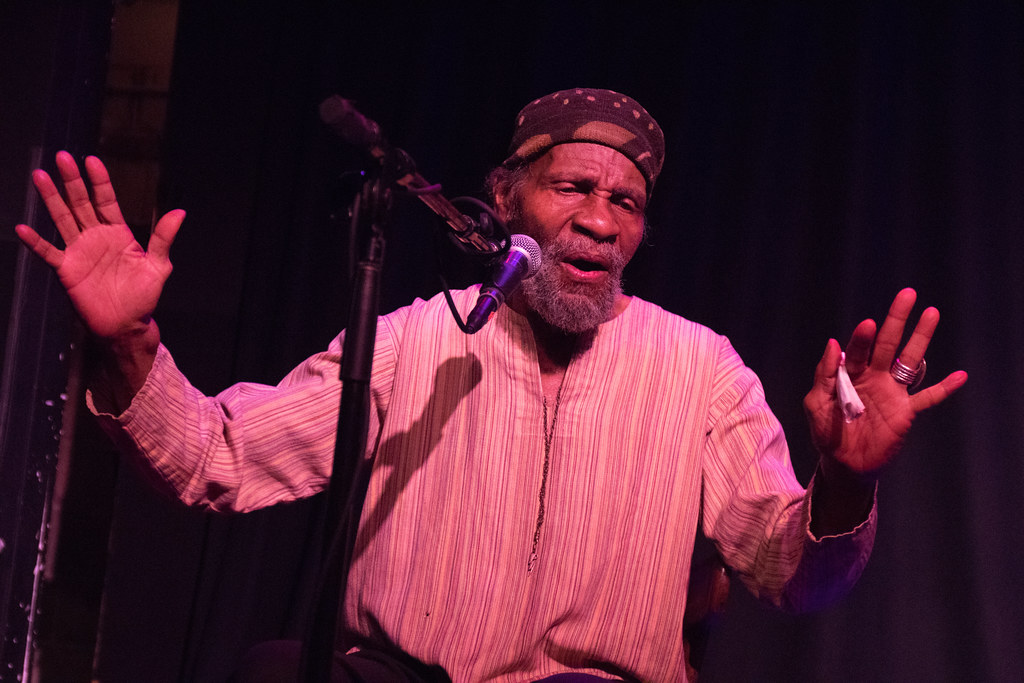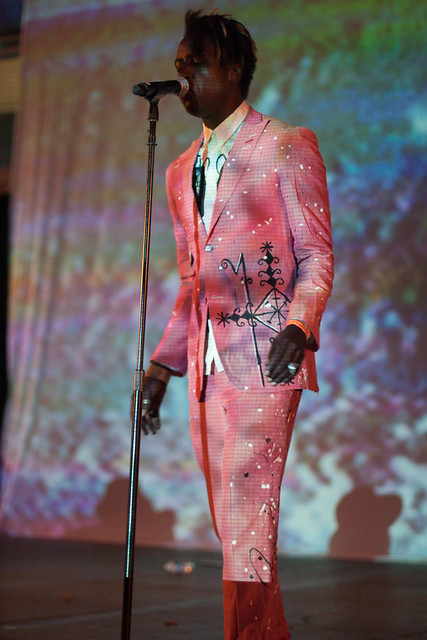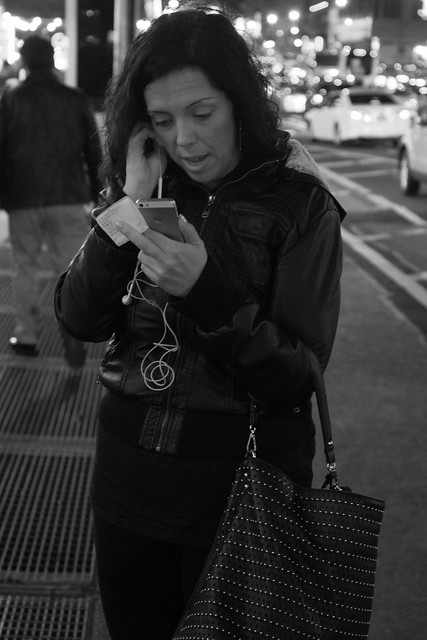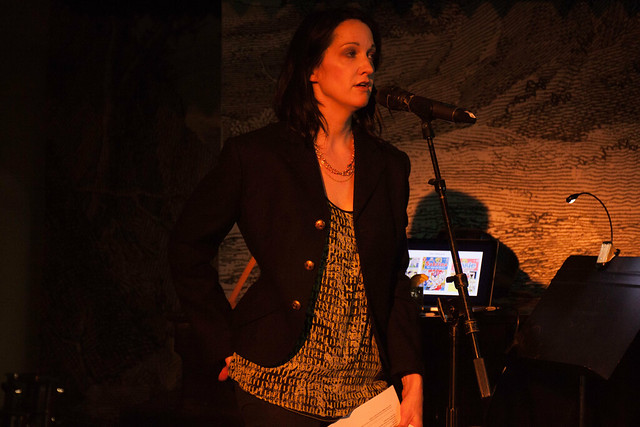Gil Scott-Heron was a Chicago-born, New York-based poet, author, spoken word artist, singer/songwriter and musician, best known for his critically applauded and influential spoken word work in the ’70s and ’80s, which fused elements of jazz, blues and soul paired with lyrics that focused on race, poverty and other sociopolitical concerns. Much ink has been spilled on how Scott-Heron’s Pieces of a Man, which features his most famous, most well-known piece “The Revolution Will Not Be Televised,” and Winter in America have influenced hip-hop and neo-soul.
In the last decade of his life, Scott-Heron battled drug addiction and had several stints in prison; however, he still managed to be a remarkably prolific artist, recording, writing and touring when he was able. Interestingly, the Chicago-born, New York-based poet, author, spoken word artist, singer/songwriter and musician’s last album, Richard Russell-produced I’m New Here was first conceptualized in 2005 and was recorded in a series of recording sessions that started in January 2008. Released in 2010, the critically applauded I’m New Here was Scott-Heron’s first album in 13 years. Arguably, one of the most personal albums of his lengthy and influential career, I’m New Here featured introspective and confessional lyrics touching upon and expressing themes of regret, reconciliation, redemption, pride, dignity, defiance and acceptance paired with sparse arrangements and a minimalist production.
During the last year of his life, the influential, Chicago-born, New York-based poet, author, spoken word artist, singer/songwriter and musician finished work on a memoir and returned to the studio with Richard Russell to record stripped down versions of some of his best known material. Both the memoir and the material, which was released as Nothing New was released posthumously on what would have been Scott-Heron’s 65th birthday.
Makaya McCraven is a Paris-born Chicago-based jazz drummer, beatmaker and producer, who has released a run of critically applauded, genre-defying and re-defining albums that includes 2017’s Highly Rare, 2018’s Where We Come From (Chicago x London Mixtape) and 2018’s Universal Beings through Chicago-based International Anthem Records. Interestingly, Highly Rare caught the attention of XL Recordings‘ Richard Russell, who recruited the acclaimed Chicago-based drummer, beatmaker and producer to re-imagine Gil Scott-Heron’s I’m New Here. Slated for release this Friday through XL Recordings, We’re New Again marks the second full-length interpretation of the album, following Jamie xx’s remix, 2011’s We’re New Here. (Coincidentally, We’re New Again will be released exactly a decade to the day of the original’s release.)
McCraven’s We’re New Again places the original I’m New Here sessions in a new context: using samples collected from McCraven’s improvised live sessions with new wave Chicago jazz musicians and vintage samples taken from the acclaimed Paris-born, Chicago-based drummer, beatmaker and producer’s parents’ recordings. McCraven’s re-imagining of the material attempts to reconnect the legendary and deeply influential artist with his birthplace and hometown, as well as a lineage of jazz and blues that perfectly compliments Scott-Heron’s imitable voice.
Clocking in at about 74 seconds, I’m New Here album track “Where Did The Night Go” is a hauntingly sparse and uneasy track in which Scott-Heron’s grizzled baritone recites half-sung, half-spoken observations on insomnia, loneliness, desperation and writer’s block. Last month, I wrote about We’re New Again’s first single, “Where Did The Night Go” found McCraven pairing Scott-Heron’s voice with a sample from Stephen McCraven Quartet’s “Silhouette of Eric,” gorgeous, fluttering flute and thumping boom-bap meets bop jazz-like drumming. McCraven’s take on the song creates a warmer vibe than the original while giving it a deceptively anachronistic sound, as though it could have been recorded during the Pieces of a Man or Winter in America sessions.
I’m New Here’s album title track “I’m New Here” is a folksy-leaning track in which Scott-Heron’s grizzled baritone is paired with a gorgeous and easy-going strummed guitar, which gives the song a contemplative, autumnal feel. Knowing that the legendary artist died a year after the release of I’m New Here gives the track an aching sense of mortality, just under the surface. McCraven’s re-imagining of the song gives the material a dreamy and ethereal air, as Scott-Heron’s voice is paired with a shimmering harp arpeggios, squiggling blasts of keys, some expressive guitar lines and boom-bap like drumming. But along with that it finds McCraven and company making a vital connection between hip-hop, jazz and poetry while pointing out Scott-Heron’s momentous influence.




